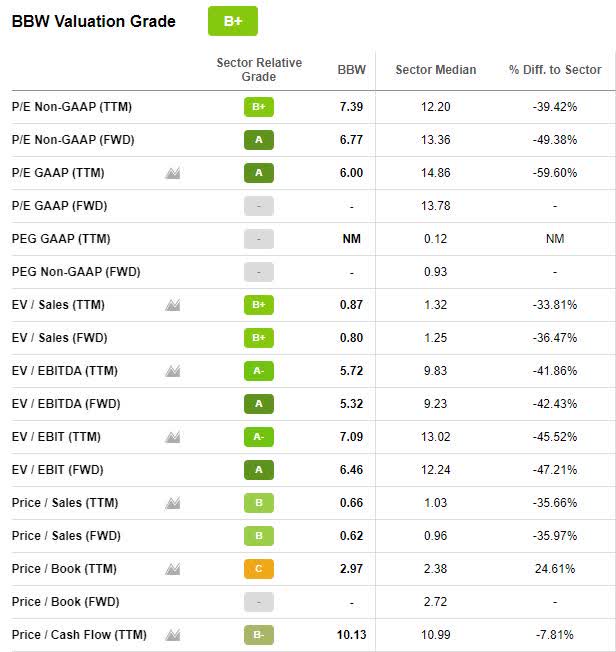
What is a Bond? This article covers terms like Principal, Coupon, and Duration. The bond has an investment grade rating. Interest refers to borrowing money from an issuer. Principal refers back to the amount that the issuer earns from the investment. The duration of the bond is its term. The bond's duration determines how expensive it will be on the secondary market. The type of investment and rating will determine whether a bond is in demand.
The cost to borrow money is called interest.
The interest you pay on a loan is how much it costs to borrow a bond. The amount of interest paid is based on the loan size, bond credit rating, and on-loan percentage, which is the portion of the lender's inventory already lent. It also depends on who the broker is who originated the loan. Loans with lower credit ratings and smaller loan amounts have historically had a higher borrowing costs than loans with higher credit ratings.

The benefit of lending is principal
The principle is basically the amount of cash that you put into an investment account before any interest is charged. It provides the foundation for repaying the loan or building the account. It is important to grasp the concept of principal in order to understand lending and investing. It is the amount of cash that is put into an account to open it. The account won't open if it is too small. This means that the principal will never rise.
Coupon refers to the annual interest rate that is paid on the issuers' borrowed money
The coupon refers to the interest rate a bond issuer pays. The coupon rate is the interest rate that a bond issuer pays for bonds issued by companies with poor credit ratings. Because bonds with a lower credit rating are less likely to default, this is why they should have a higher coupon rate. Due to the greater risk, interest rates for bonds issued by companies that have low credit ratings are much higher. Additionally, higher coupon rates are often better for the issuer because they lower the amount it borrows money.
Duration is a measure of a bond's price in the secondary market
The calculation of duration is used for determining how much a bond's prices will fluctuate over the course of time. This is how sensitive a bond reacts to changes at interest rates. The longer the duration, higher the volatility of the price. This calculation allows investors to compare different bonds according to their duration.

Investment grade vs non-investment grade
There are two types of bonds in terms of credit risk: investment grade and not-investment-grade bonds. Both types of bonds have the same characteristics but investment grade holds a higher level of risk. BBB ratings can be a red flag that a bond is at high risk of default and investors might want to avoid them. A BBB rating can be used to purchase investment grade bonds. Such bonds have a higher coupon rate and are considered safe, but may be at risk of default.
FAQ
What is the role and function of the Securities and Exchange Commission
Securities exchanges, broker-dealers and investment companies are all regulated by the SEC. It enforces federal securities regulations.
How are share prices set?
Investors decide the share price. They are looking to return their investment. They want to earn money for the company. They buy shares at a fixed price. If the share price increases, the investor makes more money. The investor loses money if the share prices fall.
The main aim of an investor is to make as much money as possible. This is why they invest into companies. This allows them to make a lot of money.
Why is a stock called security.
Security is an investment instrument whose value depends on another company. It could be issued by a corporation, government, or other entity (e.g. prefer stocks). The issuer promises to pay dividends and repay debt obligations to creditors. Investors may also be entitled to capital return if the value of the underlying asset falls.
Statistics
- "If all of your money's in one stock, you could potentially lose 50% of it overnight," Moore says. (nerdwallet.com)
- Our focus on Main Street investors reflects the fact that American households own $38 trillion worth of equities, more than 59 percent of the U.S. equity market either directly or indirectly through mutual funds, retirement accounts, and other investments. (sec.gov)
- For instance, an individual or entity that owns 100,000 shares of a company with one million outstanding shares would have a 10% ownership stake. (investopedia.com)
- The S&P 500 has grown about 10.5% per year since its establishment in the 1920s. (investopedia.com)
External Links
How To
How do I invest in bonds
An investment fund, also known as a bond, is required to be purchased. They pay you back at regular intervals, despite the low interest rates. You make money over time by this method.
There are several ways to invest in bonds:
-
Directly buying individual bonds
-
Buy shares of a bond funds
-
Investing with a broker or bank
-
Investing through a financial institution.
-
Investing through a Pension Plan
-
Invest directly with a stockbroker
-
Investing in a mutual-fund.
-
Investing through a unit-trust
-
Investing in a policy of life insurance
-
Private equity funds are a great way to invest.
-
Investing through an index-linked fund.
-
Investing through a hedge fund.